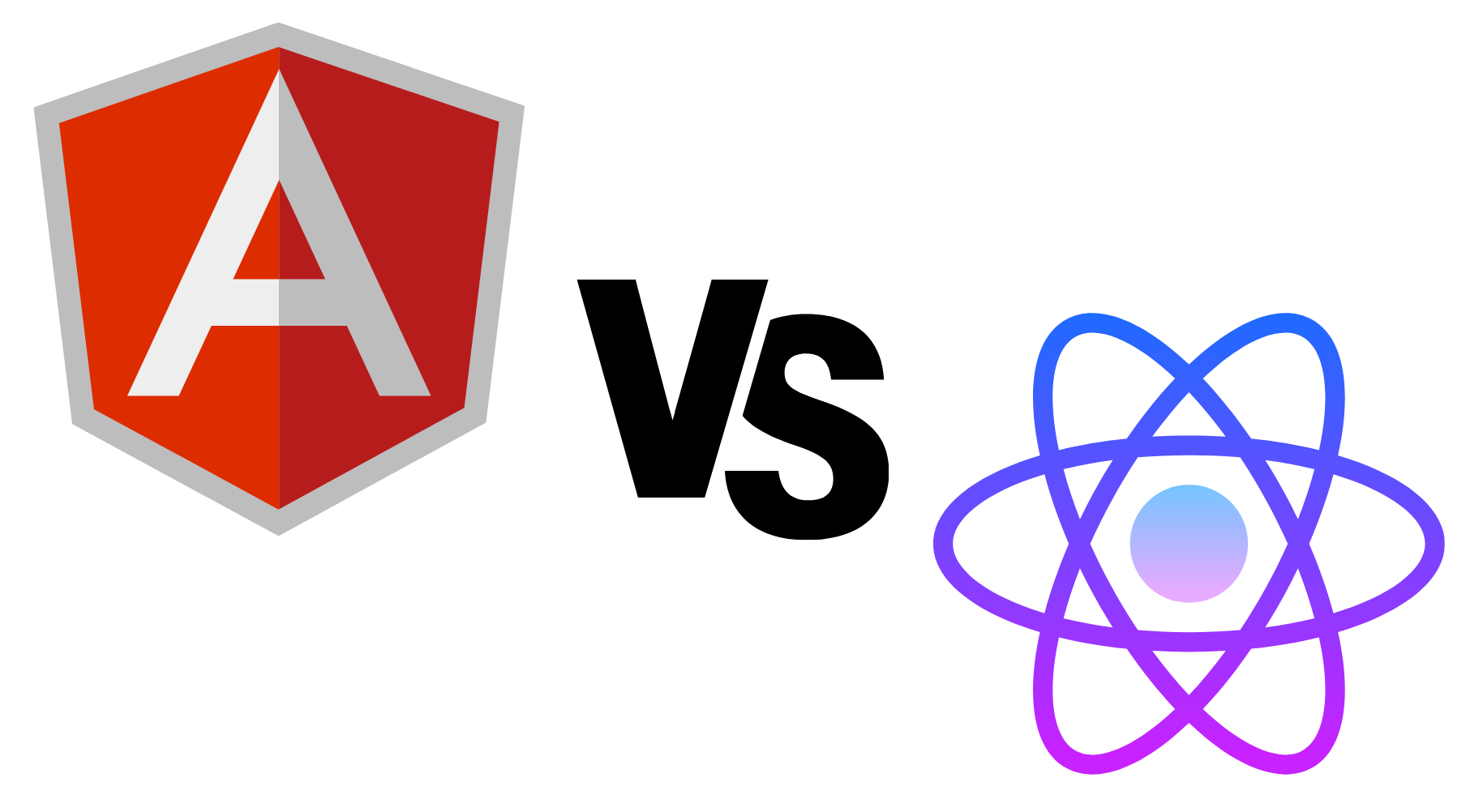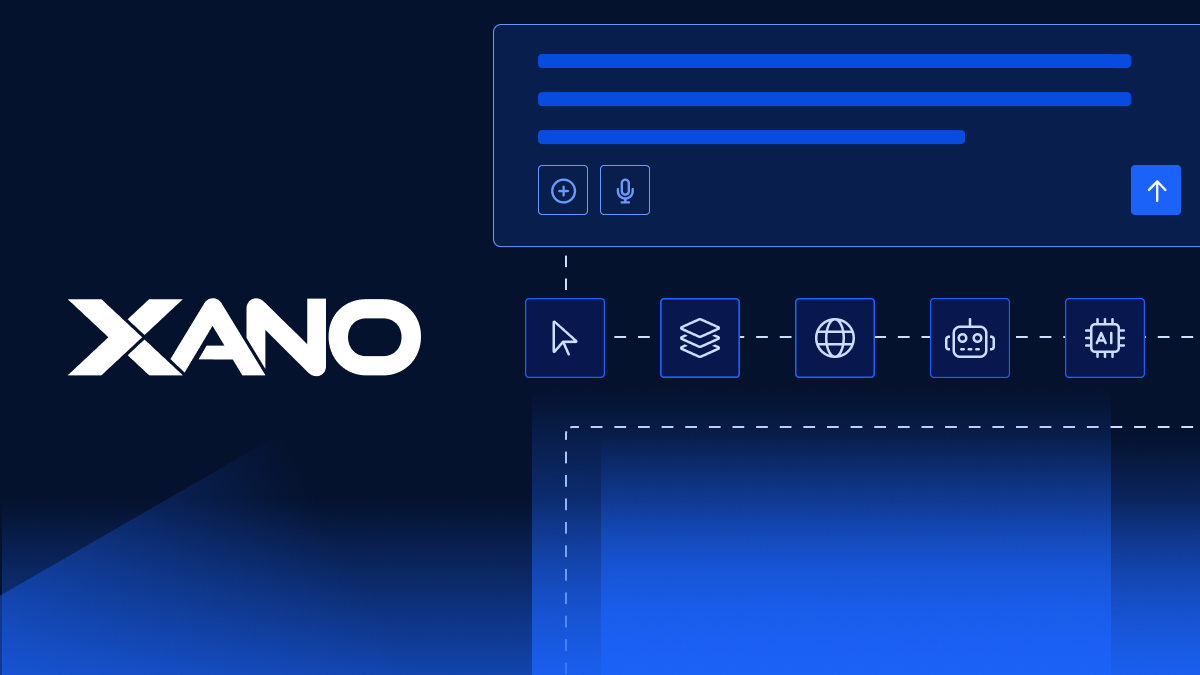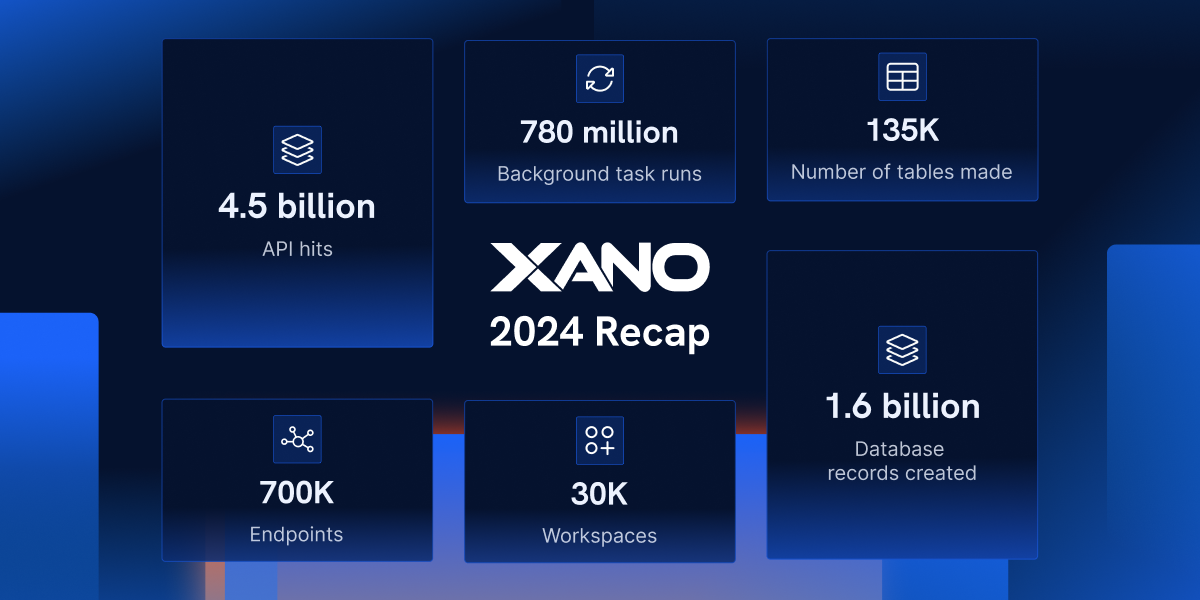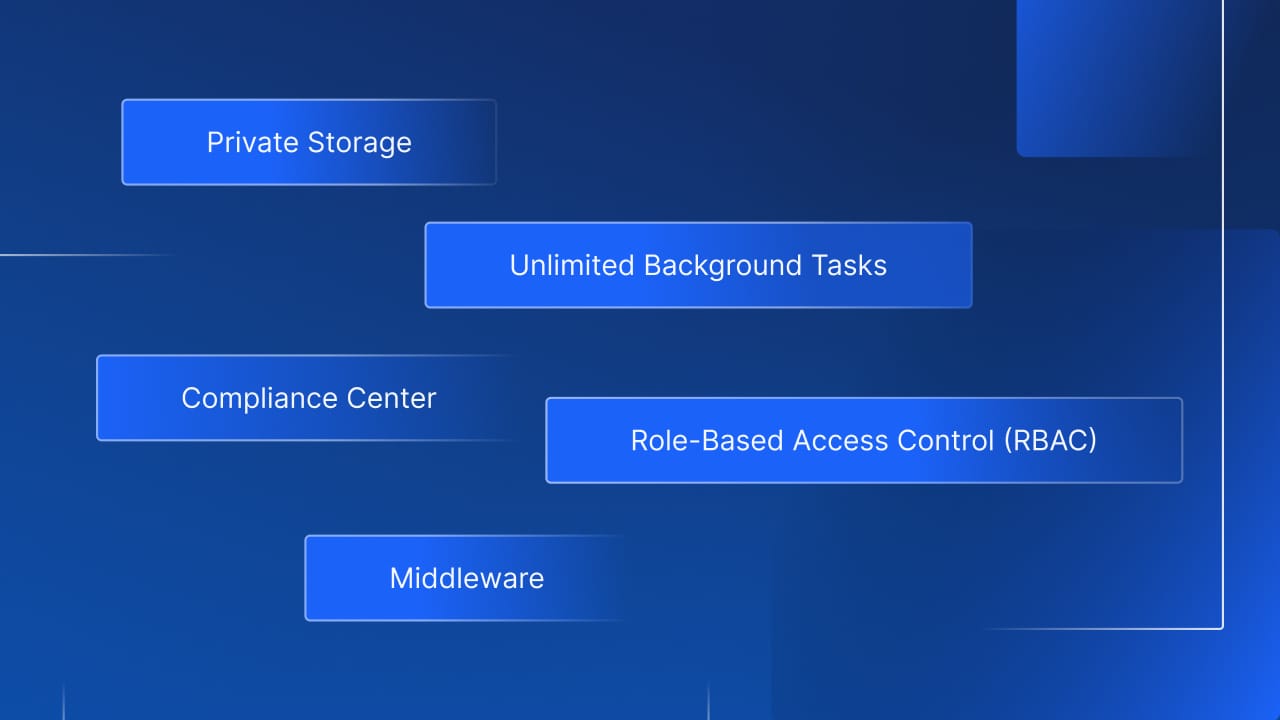Angular Vs React: Which Should I Use?
By Xano | November 22, 2021

When you're beginning the development process on a new web application, selecting a JavaScript framework is a big decision – and one that can certainly feel overwhelming. Angular and React are two of the most popular choices on the market, and both come with plenty of advantages. However, depending on your project needs, you may find one is better suited than the other for your current project. While the choice is a little subjective (and may come down to practical factors, like your team's experience), there are some general rules of thumb to follow when choosing between Angular vs React. Below, we'll provide an overview of each framework to help you make an informed decision about what's right for you.
Angular: The Basics
Managed by Google, Angular is a component-based framework that tends to work best when creating scalable web applications. Its suite of developer tools can help with developing and scaling projects and it sports an impressive collection of well-integrated libraries and features (which we'll touch more on below). Plus, thanks to Google's team, it's updated frequently, meaning you’ll have access to the latest technological developments right away.
The Pros
Two-Way Data Binding
If you even do a little research on Angular, you'll hear developers talk about two-way data binding as a major plus side as it allows you to more easily change UI elements. Every change you make to the UI is automatically reflected in the corresponding model state, greatly simplifying the process.
Angular CLI
A command-line interface, Angular CLI is just one of the aforementioned features developers love. It speeds up everything from debugging and deployment to creating apps and adding files and fully automates app updates.
Faster Prototyping
If you need to provide a prototype as part of the development process, Angular has a major advantage over React. Angular requires significantly less coding to create functional prototypes, which allows you to get feedback and ultimately deploy your apps faster.
Easy To Test And Debug
Angular allows both unit and end-to-end testing, vastly simplifying both testing and debugging. Using dependency injections, you can isolate and mock various components, speeding up notoriously time-consuming portions of the development process.
Plain HTML Templates
Angular uses plain HTML templates. This improves workflow and allows for simple manipulation, extension, and reusability of templates.
The Cons
Mandatory JavaScript Support
If users don't have JavaScript enabled on their laptops or computers, they will not be able to access your website or app. If many of your prospective users are unlikely to have JavaScript, this can be a problem.
Regular DOM
Angular, unlike React, uses Regular DOM over Virtual DOM, which can affect app performance, especially when dealing with multiple data requests. While you can mitigate some of this with good code optimization, React has the overall advantage here.
Harsh Learning Curve
If your team is not already familiar with Angular, this can be a dealbreaker when deciding on a JavaScript framework. While there is a large online community that can provide educational information, Angular is widely considered significantly harder to pick up than React.
What Is React?
Managed by Facebook, React is an open-source JavaScript library that is primarily used for frontend development. React is a good choice for building or improving user interface as its components-based and declarative traits simplify the process of creating interactive and often complex UI. As with Angular, you can also build scalable web applications using React.
The Pros
Virtual DOM
As we touched on above, React's Virtual DOM is one of its biggest advantages over Angular. Virtual DOM increases the speed of updates, especially helpful when building a dynamic UI, and – as we mentioned earlier – it's better equipped to handle heavy data requests.
Next.js
Going off of that point, Next.js grants Virtual DOM additional processing power as it allows React applications to be rendered on both the client and server side. This can also result in faster loading times as a user's browser doesn't need to download JavaScript and CSS unnecessary to a specific page.
Easy To Use
React has a much easier learning curve in comparison to Angular especially. A combination of ample online resources and easy-to-follow tutorials and training resources make React fairly easy to pick up, even with minimal experience.
SEO Friendly
If SEO is vital to the success of your project, you probably want to go with React. Search engines have a notoriously difficult time reading JavaScript, but React is usually the exception to this rule as it was built with SEO in mind.
Reusable Components
React web applications are built with multiple components, each with its own logic and controls, which generate reusable pieces of HTML code. This means you can use the same building blocks to create more than one complex application, a major time saver.
The Cons
One Way Data Binding
One way data binding can make it difficult to make changes in UI elements as you'll need to change the corresponding model state first. While this becomes less an issue as a project grows, it can slow down development early on.
Poor Documentation
In this case, one of the advantages of React (fast updates) inadvertently create a drawback. There is often little time to properly document changes, which can lead to some confusion when trying to make use of new features and tools.
Testing Difficulties
When working with React, you need different tools for different types of testing, making the testing and debugging process much more complicated than it is with Angular. This can cause delays midway through the development process.
Angular Vs React: Which Is Right For Me?
As always, the choice is a bit subjective, but there are some broad guidelines you can follow to help you decide between Angular vs React.
Angular is the better choice for large-scale applications that need to be developed swiftly, and your team's background also plays a role here. Developers familiar with Java and C# will probably have a much easier time learning Angular than React.
For applications that need high levels of customization, React is usually the better choice as it offers a higher level of flexibility. You should also go with React if your content is data-intensive and changes frequently. Developers with knowledge of HTML and JavaScript may also be better equipped at working with React.
Angular Vs React: The Bottom Line
Both Angular and React are high-quality JavaScript frameworks with plenty of advantages. However, no two projects are the same, and one typically works better than the other depending on individual needs. Weighing the pros and cons carefully can help you make the right decision for you and your team.
Looking for solutions for your company? Xano is the fastest No Code Backend development platform on the market. We give you a scalable server, a flexible database, and a No code API builder that can transform, filter, and integrate with data from anywhere. Sign up here to get started.
The post Angular Vs React: Which Should I Use? appeared first on Xano.

















